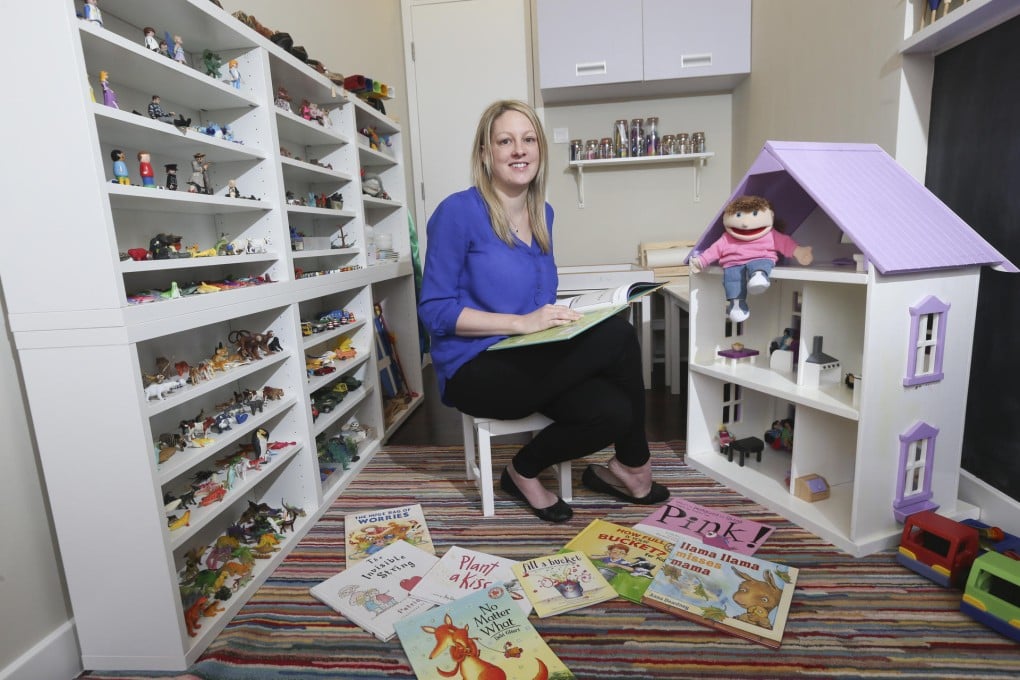Filial play therapy helps children communicate their feelings to their parents
Through playing and reading books, therapists can help parents better respond to needs that their children may have trouble expressing

Not every child can express verbally what is in his or her heart, but parents can learn a lot through playing or reading a book with their child. While parents can do this at home, Cheryl Shanahan, an early childhood therapist at the Southside Family Health Centre, says it's sometimes necessary to consult a professional if a child needs guidance in development or to overcome an obstacle.
This may involve filial play therapy, with the professional helping parents tune in to the child's social and emotional development while strengthening their relationship through play.
According to professional organisation Play Therapy Hong Kong, there are 17 certified practitioners of therapeutic play skills and six certified filial play therapists in the city.
Shanahan, who is among the six certified therapists, works primarily with children under the age of six. "My role isn't to build a relationship with the child, but to support the parent as the agent of change," she says.
Her therapy room looks like a child's dream come true. It's full of figurines, musical instruments, puppets, storybooks and art supplies - all materials to enable a child's imagination to run free. In one corner, there is a sandbox which the child can use as a stage for the toys to tell a story, or be told a story by the parent or therapist.
"Talk is not for every child, but playing is also a form of communication," says Shanahan. "A child can come here and play through anything."